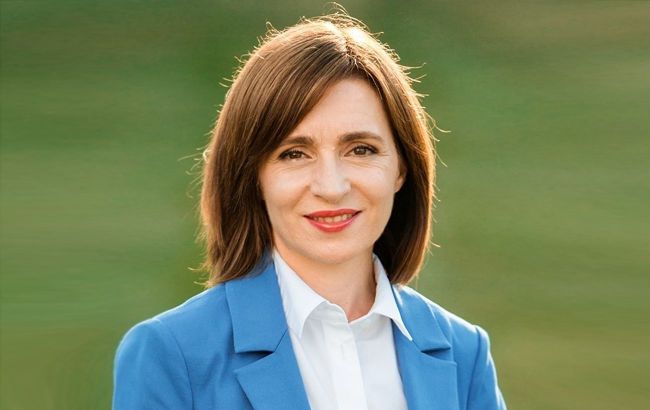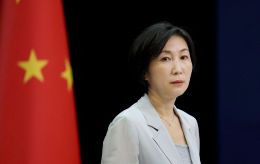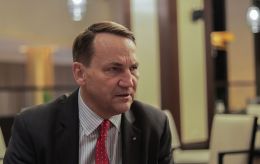Moldova chooses Europe: Inside Sandu's stunning win over pro-Russian forces
 Maia Sandu (photo: Getty Images)
Maia Sandu (photo: Getty Images)
Parliamentary elections were held in Moldova on September 28. Five parties and blocs passed the electoral threshold.
RBC-Ukraine explains what the results mean and what the configuration of power in Moldova will be going forward.
Key questions
- What does Sandu's party's victory in the elections mean?
- How did she win the elections?
- Which pro-Russian forces made it into parliament?
Although the official results of the Moldovan elections have not yet been announced, with over 99% of the votes counted, the winners are already clear. The elections were a real triumph for the current government, which is leading Moldova towards EU membership.
Sandu's new victory
On the eve of the vote, there were several intrigues that could have significantly influenced the election results. The main one was how many votes President Maia Sandu's Action and Solidarity Party (PAS) would receive and whether it would be able to form a majority again. This political force was fighting for supremacy with the pro-Russian Patriotic Bloc, but as RBC-Ukraine wrote, there were a number of factors that made the election results unpredictable.
In the end, PAS's result exceeded all expectations. The party surpassed the Patriotic Bloc with 50.1% against 24.2%. It will also receive a bonus from those parties that did not make it into parliament, so it will form a majority on its own, almost the same as in the previous convocation. Given the circumstances, this result is an unconditional success for the ruling party.
This was achieved by mobilizing her supporters amid fears that forces capable of halting European integration would return to power. Throughout election day, Maia Sandu repeatedly appealed to the people to come out and vote. In addition, the Moldovan diaspora in Europe traditionally mobilized and, as in the presidential elections, added a significant number of votes to Sandu's party.
Now the president and her party will be able to appoint the cabinet of ministers on their own and continue to determine the course Moldova is taking.
Kremlin's failure
Another intrigue concerned the pro-Russian camp. Until the very end, it was unclear how many political forces would enter parliament and, accordingly, whether they would be able to form a coalition against the president.
At least two of them were on the verge of overcoming the electoral barrier. The first was the Democracy at Home party, which advocates unification with Romania and has ties to the Romanian right-wing political force AUR. Campaigning on TikTok played an important role in its success, as did direct calls from their Romanian partners to support Democracy at Home. As a result, it received 5.6% of the vote.
The second force on the verge of passing the threshold is the Alternative bloc, which mimicked a pro-European force, but there was also evidence of its ties to Russia. Although Alternative made it into parliament, it did so with a significantly worse result than expected at the beginning of the election campaign – 7.9%.
At the same time, literally on the eve of the vote, Moldova's Central Election Commission removed another pro-Russian force from the election – the far-right party Great Moldova. However, it was not excluded from the ballots, and at the end of election day, it was announced that all votes cast for Great Moldova were invalid. Thus, some of the party's radical pro-Russian supporters were neutralized. The party's leader, Victoria Furtuna, had, among other things, announced plans to take the southern part of the Odesa region from Ukraine.
Overall, this time, Moldova, albeit with great difficulty, has once again confirmed its pro-European course, although pro-Russian forces won a very significant percentage of the vote. Going forward, Maia Sandu and her team must justify this renewed vote of confidence – both in terms of European integration and in the context of internal reforms in the country.
For Ukraine, the most important thing is that its neighbor will continue to pursue a predictable and friendly policy toward Kyiv. So, at the very least, the emergence of yet another source of tension on the Ukrainian border has been avoided.



